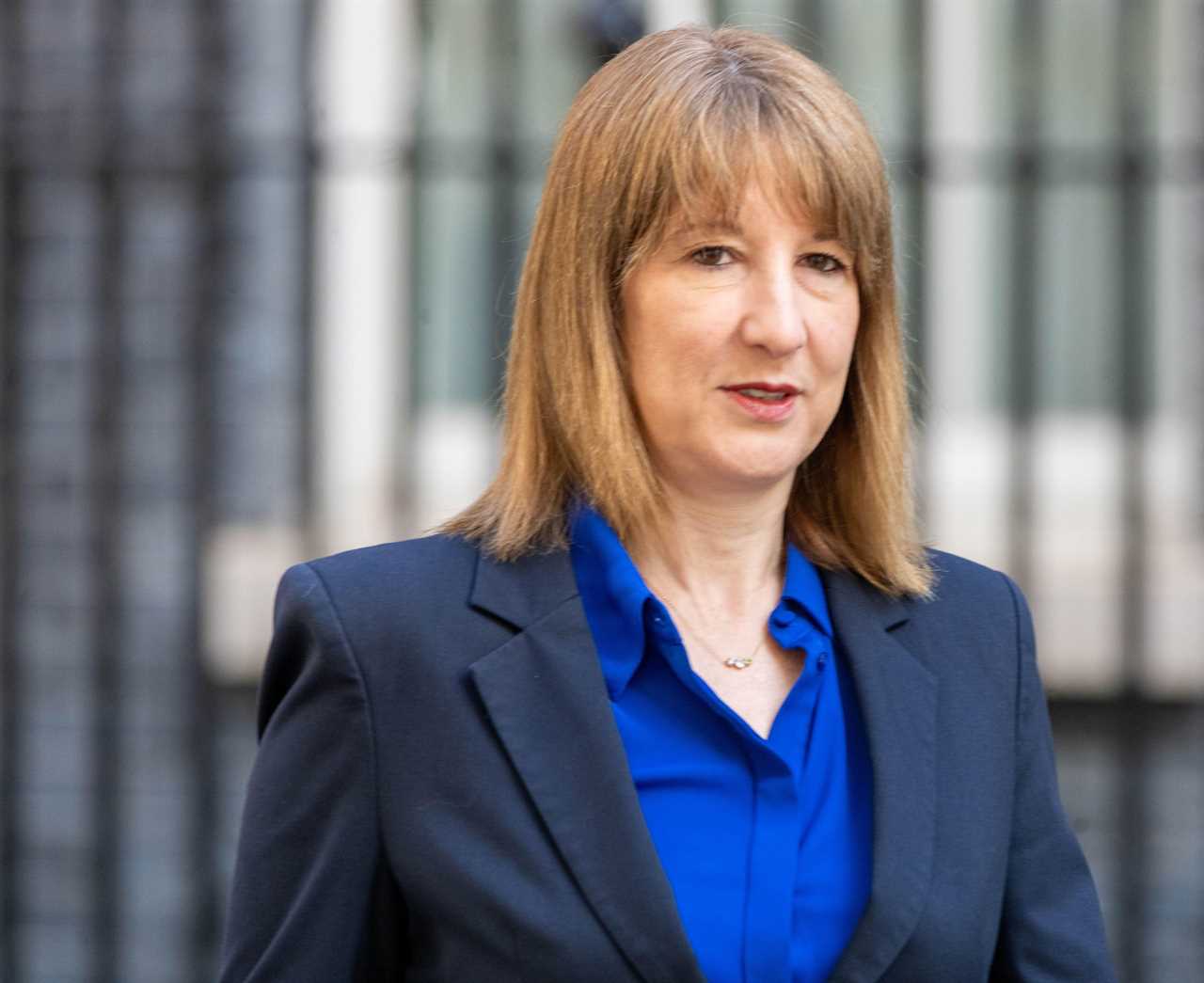
In navigating the intricate landscape of Britain's economic future, Chancellor Rachel Reeves faces a daunting task ahead of her autumn Budget. Experts caution that finding £50 billion to rebalance the nation's finances is imperative to avert potential crises on the horizon. The delicate balance of raising taxes or implementing spending cuts to uphold fiscal stability poses a complex challenge, compounded by a backdrop of sluggish growth, escalating debt burdens, and wavering policy commitments. As the National Institute of Economic and Social Research underscores the urgency of this financial conundrum, a deeper analysis reveals the intricate web of economic intricacies that Reeves must navigate.
The Fiscal Tightrope: Navigating Complex Financial Realities
Embedded within the fabric of economic policy is the stark reality facing Chancellor Reeves as she grapples with the need to meet stringent fiscal targets while honouring social and political obligations. The imperative of finding £50 billion underscores not just a numerical challenge but a profound reckoning with the structural inequalities and systemic pressures that shape Britain's economic landscape. The intricate dance between taxation, public expenditure, and economic growth demands a delicate touch, one that holds significant implications for the nation's social fabric and the well-being of its citizens.
Unpacking Economic Forecasts: Insights and Challenges Ahead
Amidst projections of modest growth and looming inflationary pressures, the economic forecast for the UK paints a nuanced picture of both resilience and vulnerability. As experts revise growth estimates and inflation projections, the spectre of widening wealth disparities and declining living standards looms large. The reality of economic hardship, particularly affecting the most vulnerable segments of society, underscores the profound human impact of fiscal policy decisions. Against a backdrop of rising costs and stagnant incomes, the imperative of equitable and sustainable economic policies gains renewed significance.
Political Responses and Ideological Fault Lines
Within the realm of political discourse, contrasting perspectives on economic policy highlight the ideological fault lines that shape debates around taxation, spending, and economic governance. Shadow Chancellor Mel Stride's critique of Labour's approach reflects deeper tensions regarding the role of the state in economic affairs and the balance between public welfare and market forces. As political actors jostle for position amidst economic uncertainty, the ideological underpinnings of policy decisions come under heightened scrutiny, underscoring the competing visions for Britain's economic future.
In conclusion, the road ahead for Chancellor Rachel Reeves is fraught with challenges and complexities that demand a deft balancing act between fiscal prudence and social responsibility. As the nation grapples with economic uncertainties and social inequalities, the choices made in the upcoming Budget will reverberate far beyond the realm of economics, shaping the very fabric of British society. Navigating these turbulent waters requires not just financial acumen but a deep understanding of the intricate interplay between economic policies and societal well-being. Only through a nuanced and inclusive approach can we hope to steer towards a future that upholds the values of equity, resilience, and social justice.






